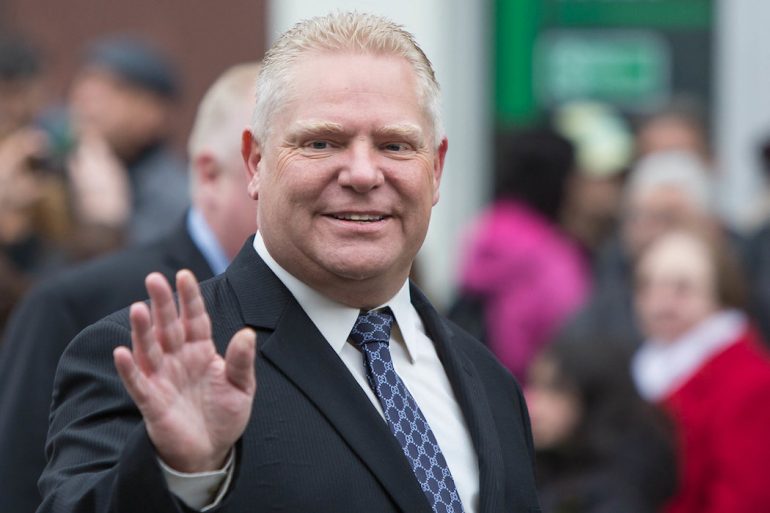This week, we’re back with another politically-focused podcast episode (my apologies, with the Raptors out of the playoffs and my D&D game on hold, it’s the only hobby I have left).
Still, as we continue our provincial budget coverage, it makes sense to talk about a budget impacting 40 percent of Canada’s population.
But is the Ontario budget really a budget?
I mean, Doug Ford’s government tabled legislation to extend the budget deadline to less than a week before it dissolved parliament to call an election. That doesn’t seem like something you do when you’re crafting a document you hope to govern with.
“The unforeseen consequences of this stuff has ripples throughout society that in the most generous interpretation we didn’t see coming, but can no longer deny.”
– Siri Agrell
So if the budget is not a budget, what is it?
Well, if you were looking for a referendum on Ford’s Progressive Conservatives, this isn’t the podcast. But we can take a look at the tech-related components of the budget-not-a-budget, and see how they connect to the Ontario PC Party’s overall approach to innovation and what’s happening at a federal level. Joining us to do that is CCI’s very own Alanna Sokic!
But first, we’re going to ignore the federal and provincial for the local. Like super local. Like Toronto City Council local.
You see, there’s a new candidate in the running for the October election, and as part of their candidacy, they’ve sworn off social media.
Why is this interesting? That candidate happens to be Siri Agrell, former executive director of OneEleven, director of communications for Kathleen Wynne, and director of strategic initiatives for Mayor John Tory, where she had her hands in a bunch of tech stuff for the city of Toronto.
Siri penned an op-ed in BetaKit last week about her motivations for doing so, noting that as she attempts to enter politics herself, “it has become clear that we need a major reset in terms of how we communicate with one another, online and off.”
Now, it’s no surprise that social media can be toxic. Just look at my tweets, or a recent Samara Centre for Democracy snapshot, noting that the first week of the Ontario provincial election alone generated 20,000 tweets identified as toxic. That’s about 1 in 7 of the tweets analyzed, coming from 486 candidates and 14 official party Twitter accounts.
So yeah, it’s bad out there.
Which makes this decision interesting, and not just because – in her own words – Siri is the type of person who ‘ends’ fights on Twitter rather than starting them. It’s also because this very public (and accurate) criticism of Big Tech is coming from someone hoping to court the votes of tech workers in a tech-forward town.
So let’s begin with Siri Agrell explaining why she thinks politicians shouldn’t tweet.
Osler, the leading law firm for startups, high-growth companies, and investors in Canada, has released its inaugural study of 332 anonymized Canadian venture capital and growth equity financings. Read the Deal Points Report: Venture Capital Financings.
Subscribe via: RSS, Apple Podcasts, Spotify, Stitcher, Google Podcasts.


